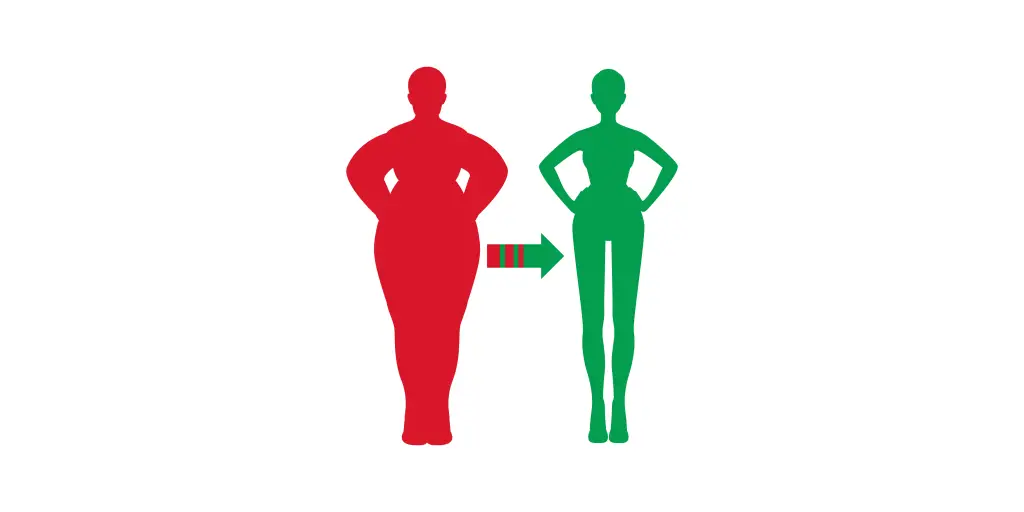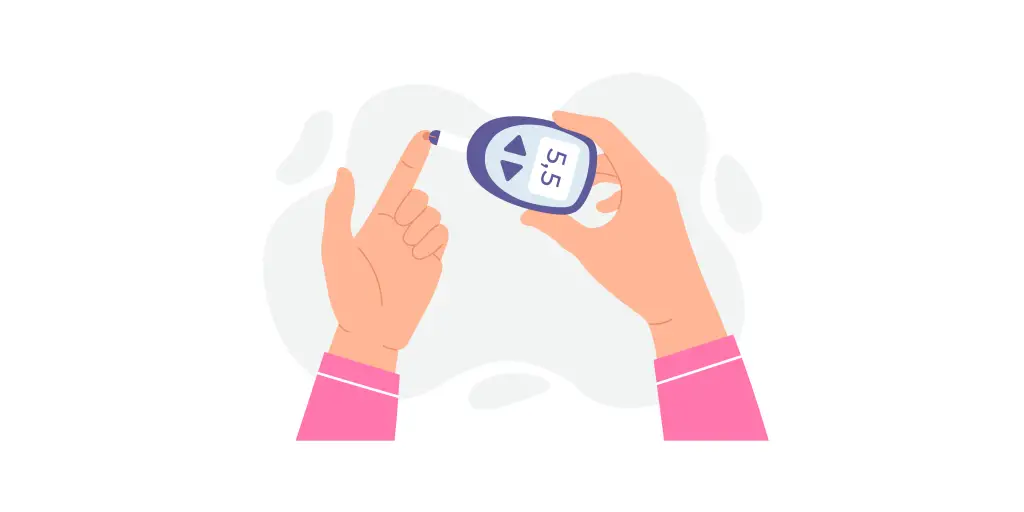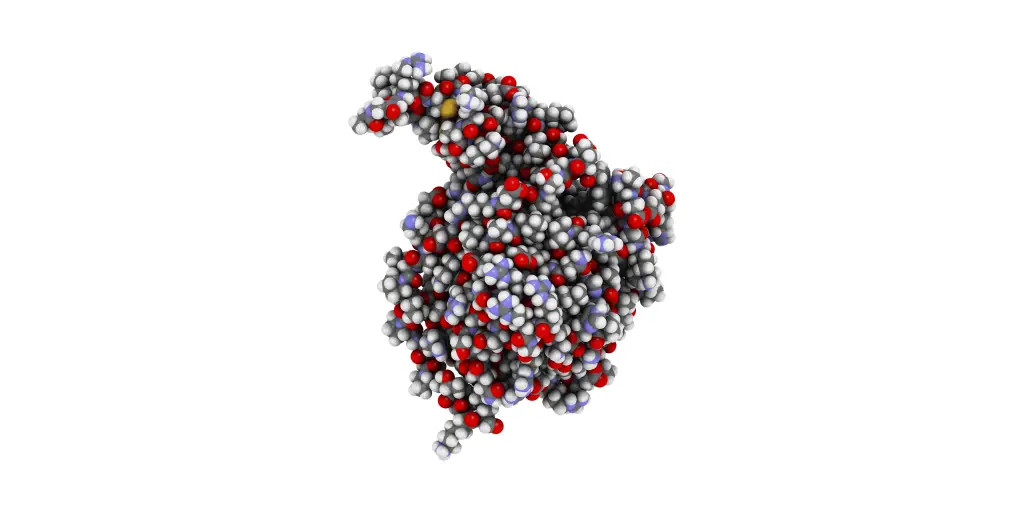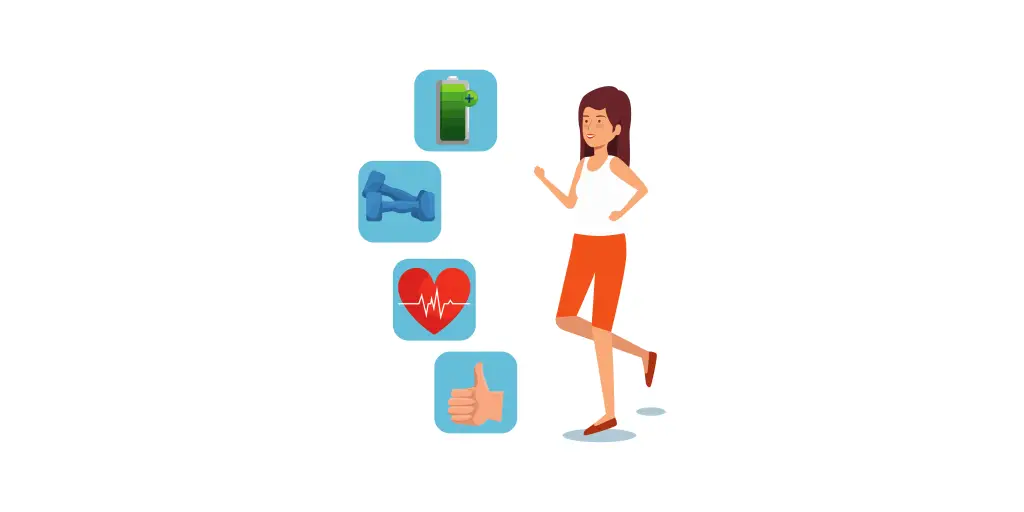Table of Contents
What are the Pros and Cons of Intermittent Fasting?
The popularity of intermittent fasting has skyrocketed in recent years due to its potential health advantages. However, like all nutritional approaches, intermittent fasting comes with its fair share of pros and cons. Let’s explore the highs and lows of intermittent fasting to help you decide whether or not it’s right for you.
Benefits of Intermittent Fasting
Weight Management and Fat Loss

The benefits of intermittent fasting go beyond weight management. Fasting allows you to strategically cycle between eating windows and fasting windows. One of the main benefits of intermittent fasting is efficient calorie control. By limiting the eating window, you will naturally consume fewer calories. This will help you to lose weight and burn fat over time.
Fasting periods can also trigger metabolic adaptations. This means that your body will be able to burn more fat for energy. This increased metabolic flexibility combined with your regular exercise may help you to burn more energy.
If you are looking to lose weight, intermittent fasting is a great option. By limiting the time you eat, you will naturally reduce your calorie intake and help you to lose fat. It may also help you to preserve your muscle mass, which can help you to achieve a more sustainable approach to weight management.
Before starting any new diet, it is important to consult a healthcare professional to make sure it is suitable and safe for you.
Improved Insulin Sensitivity and Blood Sugar Control

One of the benefits of intermittent fasting is its potential to improve blood sugar control. Studies have shown that intermittent fasting improves insulin sensitivity, which is the ability of the body to use insulin more effectively. As a result, the body can better control blood sugar levels and may be able to reduce insulin resistance, which is a risk factor for type 2 diabetes. This means that intermittent fasting may be beneficial for people at risk of developing type 2 diabetes by improving insulin function and promoting healthy blood sugar regulation.
However, it is important to consult with your healthcare provider before beginning any new dietary regimen, particularly if you have a pre-existing medical condition, to ensure that this new dietary approach is suitable and safe to use.
Cellular Repair and Longevity

The benefits of intermittent fasting don’t end there. If you’re looking to extend your lifespan, it’s possible that fasting can help you do so. For example, it may trigger autophagy — a cellular “clean-up” process — which removes damaged components. This could help repair cells and reduce the risk of aging-related illnesses.
New research is also suggesting that intermittent fasting could activate pathways associated with longevity. This could improve overall health and extend life expectancy.
It’s important to note that these ideas are based on preliminary research, so it’s best to consult with your doctor before beginning any new dietary regimen.
Heart Health Benefits

In addition to improving blood sugar control, intermittent fasting may also have positive effects on your cardiovascular health.
According to research, intermittent fasting may improve your blood lipid profiles. This means that you may have lower levels of LDL (bad) cholesterol, and lower levels of triglycerides, both of which can increase the risk of heart disease.
In addition, intermittent fasting may help lower your blood pressure, which can reduce the risk of hypertension and other cardiovascular complications.
Keep in mind, however, that these results are based on preliminary research. Therefore, it is important to consult with your doctor before beginning any new dietary regimen, particularly if you have existing heart conditions, to ensure it is suitable and safe to use.
Simplicity and Flexibility

One of the biggest advantages of intermittent fasting is that it’s easy to incorporate into your day-to-day life. Unlike traditional diets, which focus on meal planning and counting calories, intermittent fasting is all about when you eat. You can skip breakfast or skip dinner, and your eating window can be tailored to your current schedule.
This flexibility combined with the fact that there aren’t any specific food restrictions means that intermittent fasting can be a long-term solution for many people. So if you’re looking for a more flexible and manageable approach to improving your health and wellness, intermittent fasting may be worth considering. However, it’s important to consult with your healthcare provider before making any major dietary changes.
Drawbacks of Intermittent Fasting
Potential Nutrient Deficiency

Although intermittent fasting can be beneficial, there are also risks associated with it, especially when it comes to nutrient intake. If you fast for extended periods, you may be more likely to experience vitamin and mineral deficiencies if you don’t eat a nutrient-rich diet during your eating window.
Also, if you fast for a longer period, you might not eat as many different foods, which could lead to a lack of essential micronutrients in your diet. So, if you’re thinking about intermittent fasting, it’s best to focus on eating a variety of foods that are rich in nutrients during your eating window, so you can meet your daily needs and avoid nutrient deficiencies.
Disrupted Social Dynamics

Intermittent fasting can also lead to social issues. The way you eat can be different from day to day, and the way you socialize with friends and family can be different from the way you eat. This can lead to feelings of isolation and frustration.
If you’re thinking about intermittent fasting, it’s important to be aware of these social issues and plan accordingly so that you don’t disrupt your social life or your emotional health.
For example, intermittent fasting may conflict with traditional meal times and social gatherings that focus on food.
Potential Impact Health

Intermittent fasting can have varying effects on individuals, with some experiencing positive results while others may face hormonal imbalances. It is important to customize the approach to each person’s unique needs.
For those who participate in intense or prolonged exercise, intermittent fasting near workouts can negatively impact performance and recovery due to inadequate fuel. This can result in reduced exercise capacity, muscle glycogen storage, and post-workout recovery, potentially impeding athletic goals.
To determine if intermittent fasting is suitable and safe for your individual needs and health considerations, it is essential to seek guidance from a healthcare provider before starting.
Risk of Overeating During Eating Windows

The downside of intermittent fasting is that there is a risk of overindulgence during eating windows. For example, some people might overindulge in food or choose unhealthy, high-calorie foods, which defeats the purpose of calorie restriction.
Additionally, the hunger pangs that occur during fasting periods can lead to impulsive decisions when you break the fast, which can damage your desire to adopt a healthier and balanced eating approach. This is why mindful eating and nutrient-rich options during eating windows are essential to maximize the advantages and minimize the downsides of intermittent fasting.
Potential Negative Impact on Athletic Performance

People with high energy requirements, like athletes, may struggle with intermittent fasting. During fasting periods, they may experience reduced energy levels, which can impede their performance during high-intensity physical activity.
Additionally, athletes with specific performance goals may find that intermittent fasting’s structured eating regimen conflicts with their individual training and recovery needs, so it’s important to think about your needs and consult with your healthcare provider before implementing this dietary approach.
Conclusion
There are many advantages and disadvantages to intermittent fasting, which highlights the need for a personalized approach. Many people find success with intermittent fasting, but it’s important to consider the advantages and disadvantages based on your health goals, your lifestyle, and your preferences. Talk to your healthcare provider or nutritionist to ensure that the path to intermittent fasting is in line with your overall health and wellness goals.
Also Read: Healthy Aging Guide: 16 Empowering Strategies for Older Adults’ Physical Well-being
Quick Answers
Is intermittent fasting suitable for everyone?
Intermittent fasting may not be suitable for everyone, especially pregnant or breastfeeding women, individuals with a history of eating disorders, or those with certain medical conditions. It’s essential to consult with a healthcare professional before starting an intermittent fasting regimen.
Will intermittent fasting help me lose weight faster?
While intermittent fasting can aid in weight loss by reducing calorie intake and promoting fat loss, individual results may vary. Weight loss outcomes depend on various factors, including diet quality, exercise habits, metabolic rate, and overall lifestyle.
Can I drink water during fasting periods?
Yes, staying hydrated is crucial during fasting periods. Drinking water, herbal tea, or other non-caloric beverages can help prevent dehydration and support overall well-being during fasting.
Will intermittent fasting slow down my metabolism?
Intermittent fasting has been shown to have metabolic benefits, including improved insulin sensitivity and fat metabolism. However, individual responses to fasting may vary, and some individuals may experience changes in metabolic rate during fasting periods.
Can intermittent fasting improve overall health?
While intermittent fasting has been associated with various health benefits, including weight loss, improved metabolic health, and potential longevity benefits, it’s essential to consider individual factors and consult with a healthcare professional before embarking on an intermittent fasting journey.
